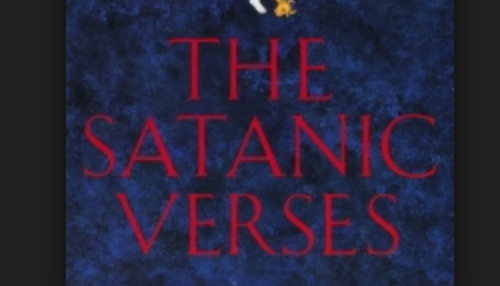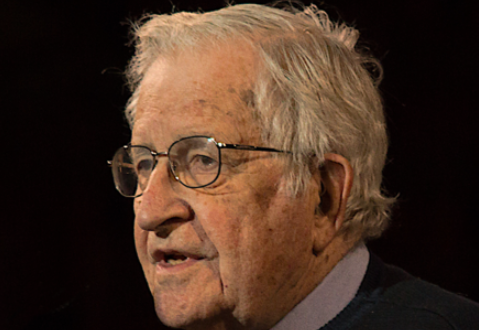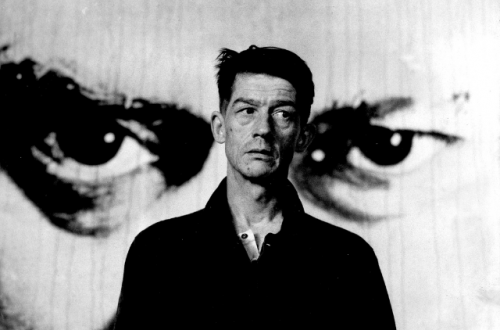I’ve just come back from the Rally for Free Expression in London, organised by One Law For All. It was a beautiful day, and there was a good turn out – about 200 gathered to hear a great line up of speakers including A. C. Grayling and Richard Dawkins. Many of the other speakers will be familiar names to HP readers – Faisal Gazi, Maryam Namazie and Hasan Afsal for example.
Another voice was heard in absentia – Maryam Namazie delivered a message of support from ‘Mohammed Jones’, creator of Jesus and Mo. He invited us to consider when we had last interrupted a religious service, because we were offended by its message, and compared those objecting to atheist societies posting Jesus and Mo cartoons on Facebook to someone rudely interrupting a private conversation. (One such rude interruption was provided by a very angry man who took particular exception to Derek Lennard’s speech, and handed out fliers asserting a link between homosexuality and paedophilia.)
Everyone spoke with passion and eloquence – Faisal reminded listeners that this issue is crucial for Muslims, such as Usama Hassan, as well as for atheists, and Jennifer Hardy spoke of her fear when an event about Sharia law was disrupted by Islamists, and her outrage at those who have failed to support the right to free expression. This, for me, was one of the most significant themes of the event, the vital importance of standing up for rights and freedoms even if making that stand doesn’t seem the most comfortable, fashionable, or (for some) safest position – and the thoroughly reprehensible failure of some to defend those rights.
At no time did this point emerge more strongly than during Rhys Morgan’s speech. He spoke very straightforwardly, but eloquently, about his experience. He explained that he had posted the Jesus and Mo image on his Facebook page in solidarity with the student atheists, took it down after a couple of days, meaning it was only present in his archive, but began to receive hate messages and threats. He was told to take it down completely by his sixth form college, or risk forfeiting his place. (He also spoke about his strong opposition to British libel laws, and his own brush with such laws after speaking out against the Burzynski Clinic. ) As Will puts it here:
If we abridge free speech because it might offend someone, then it becomes meaningless. We wouldn’t be able to criticise Islam or Christianity over verses of their holy books. We wouldn’t be able to bust the claims of alternative medicine peddlers. We wouldn’t have a healthy democracy, basically. Freedom of speech is (near) absolute, and it’s absolutely unconscionable to start to abridge it.
Or, as Will puts it more pithily, ‘It’s fucking ridiculous’.


